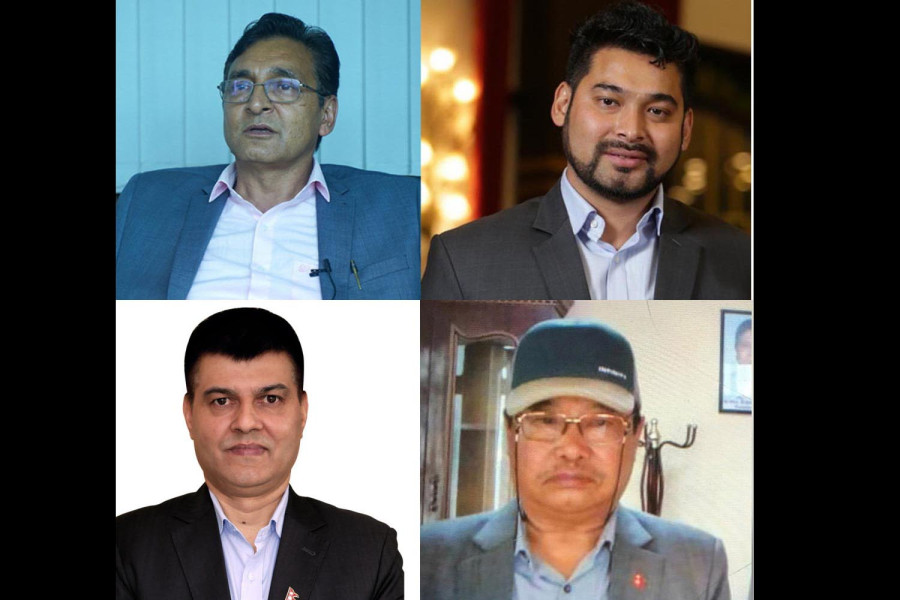Editorial
Manufacturing refugees
The fake documentation case highlights the criminalisation of politics and bureaucracy in Nepal.
It seems as if the arrests linked to illegal manufacturing of refugees to be sent for third-country resettlement, primarily to the United States, will have a cascading effect. If there is no undue intervention from the political high-ups, more top leaders and bureaucrats could be arrested on charges of creating fake documents in the name of Bhutanese refugees eligible for third-country resettlement. As of this writing, Top Bahadur Rayamajhi, CPN-UML secretary and member of Parliament from Arghakhanchi, had gone missing after the Kathmandu District Court issued an arrest warrant against him in relation to the case.
Tek Narayan Pandey, current Secretary at the Office of the Vice-President, and Indra Jit Rai, who served as security adviser to former home minister Ram Bahadur Thapa, have been arrested. Sandeep, son of Top Bahadur Rayamajhi, has also been apprehended and produced before the court. Among the others nabbed include Keshav Dulal, Sanu Bhandari, Sagar Thulung Rai, Tanka Gurung and Sandesh Sharma Pokharel. Now that the police are widening their net, there are fears that some culprits might have left the country, as seems to be the case with Neeraj Rai, son of Indra Jit Rai.
Top leaders of political parties, including KP Sharma Oli of the UML, Gagan Thapa of the Nepali Congress, and Narayan Kaji Shrestha of the CPN (Maoist Centre) who is also the Deputy Prime Minister and Home Minister, have acknowledged the gravity of the situation and have made some muted calls for impartial investigation. As of now, 106 individuals are known to have reported to the police claiming they have lost Rs230 million, and more are expected to come forward in the days ahead. This is an opportunity to cleanse Nepal’s corrupt political and bureaucratic systems. The police administration should investigate the case without any bias or influence and take it to a logical conclusion. However, the police alone cannot do the job. The political class must also display immense courage to introspect and punish the guilty among themselves, for they too might have benefitted from the money earned illegally in the process.
While the intent of different people involved in the bribery case might be varied, expensive politicking in Nepal today could be a big factor. If politicians have to spend money disproportionate to their legitimate sources of earning, for instance in electioneering, they are likely to resort to corrupt and criminal means to collect the money, thereby criminalising politics. As an institution closely working with the political machinery, the bureaucracy often becomes a means to realise the criminal intent of the corrupt and powerful. A full investigation and a logical closure in this case is important to stop further criminalisation of Nepali politics. The judiciary and the investigating agencies should ensure that this case does not end up becoming a meaningless exercise where petty criminals face the law while the big fishes escape.
If not investigated properly, the fake refugee imbroglio also has the potential to taint the status of the real Bhutanese refugees who have been languishing in Nepal for the past three decades. The last of them are struggling to realise their dreams of finding a home in a third country, including those who have been left behind even though their family members have already been resettled in third countries. As a result of this incident, the institutions and countries that work for the welfare of refugees are going to suspect the authenticity of even genuine refugees from Nepal. That will be unjust—and also inhumane.




 18.12°C Kathmandu
18.12°C Kathmandu














